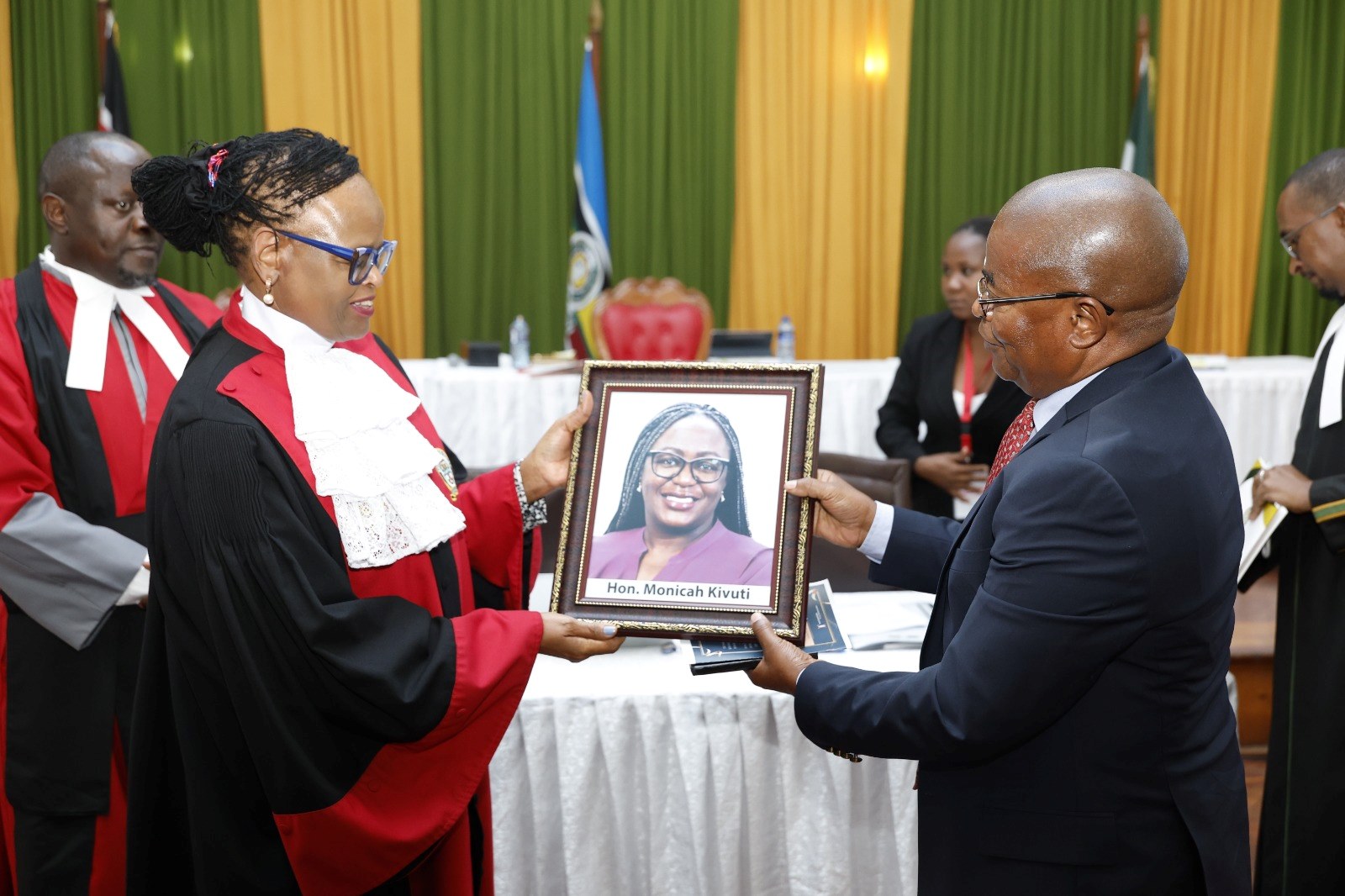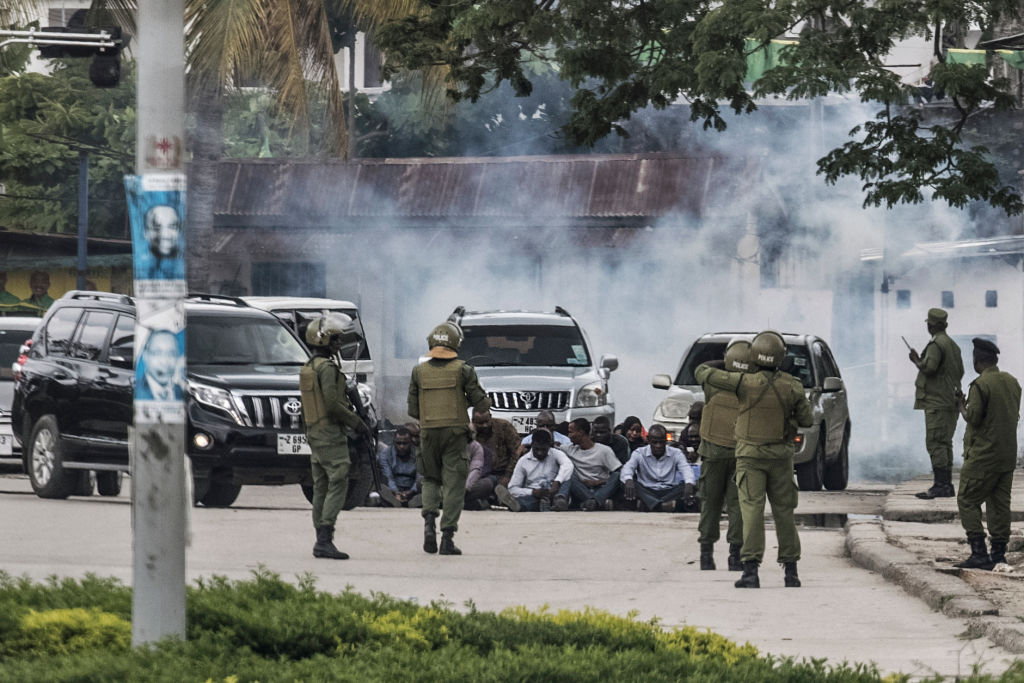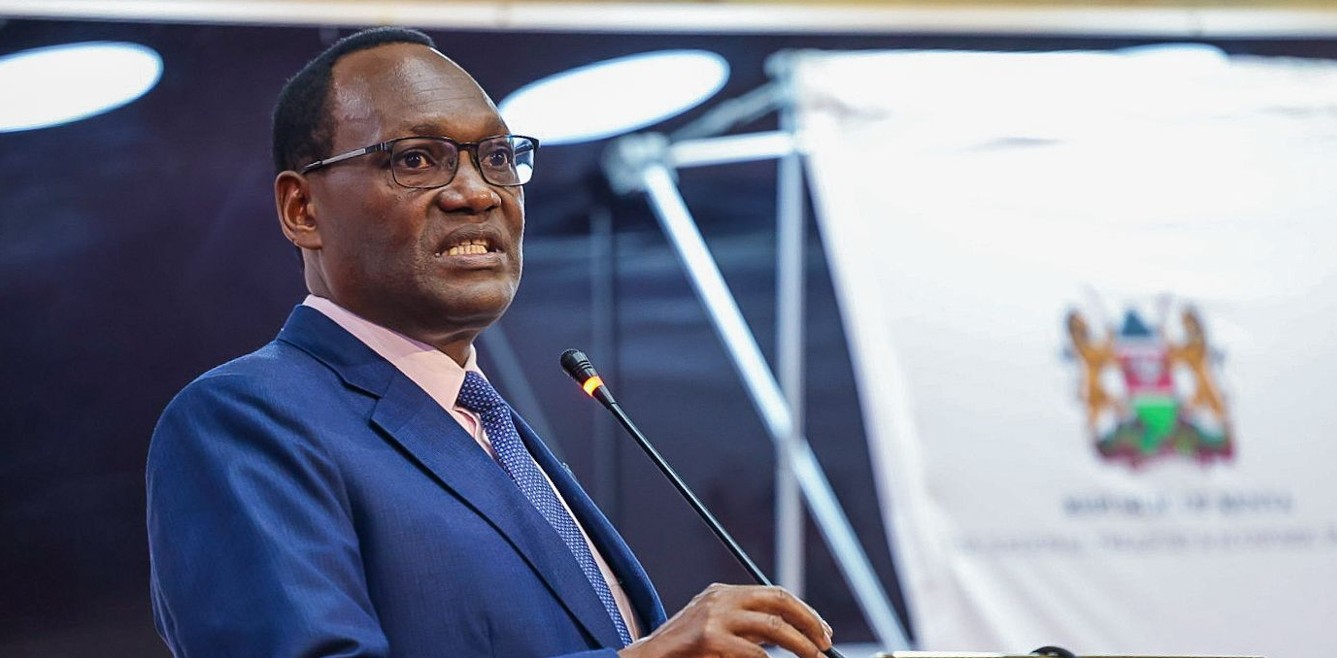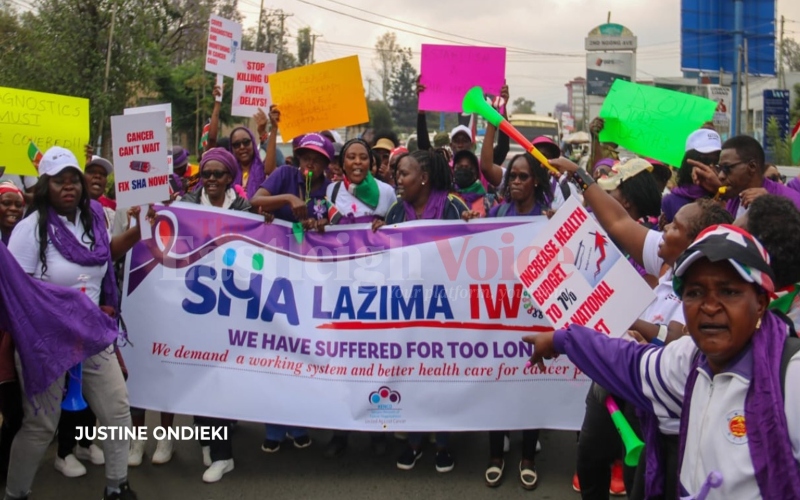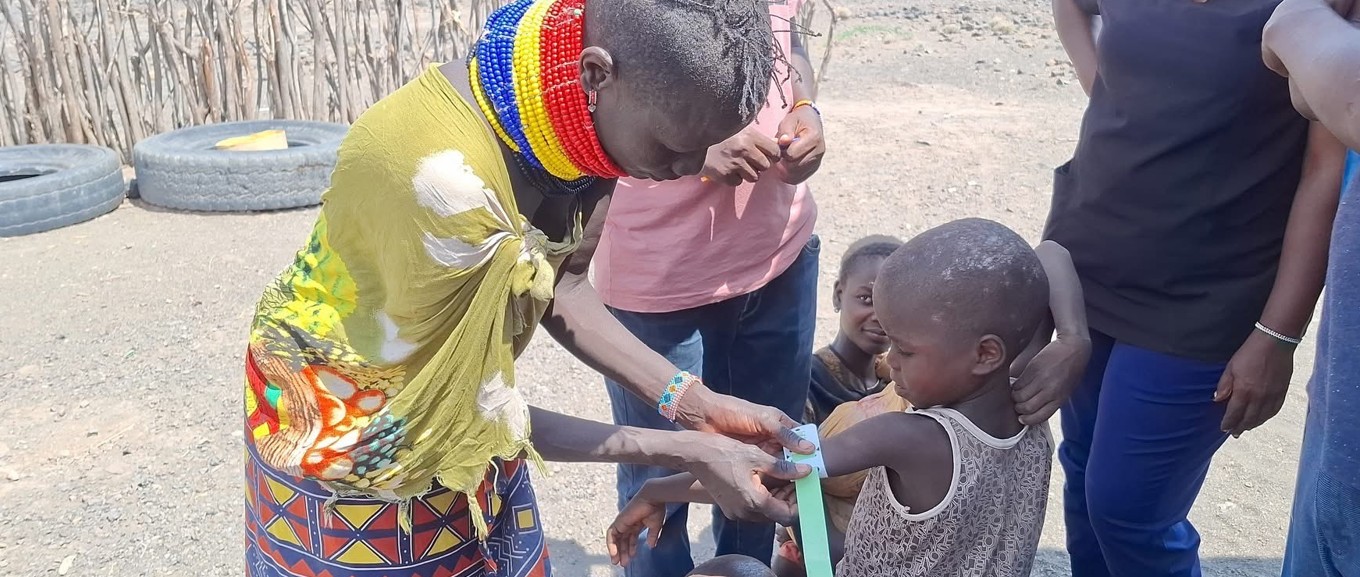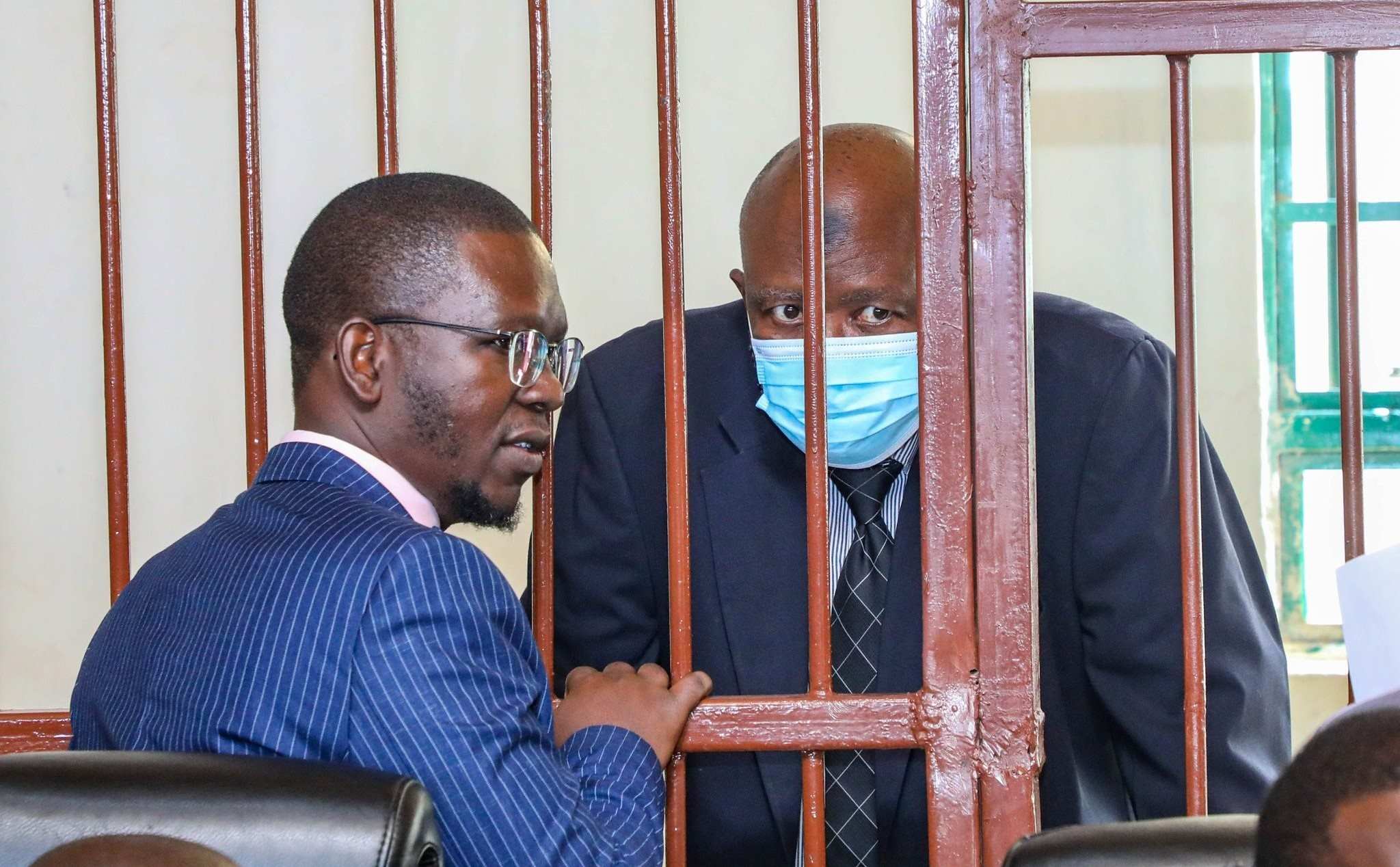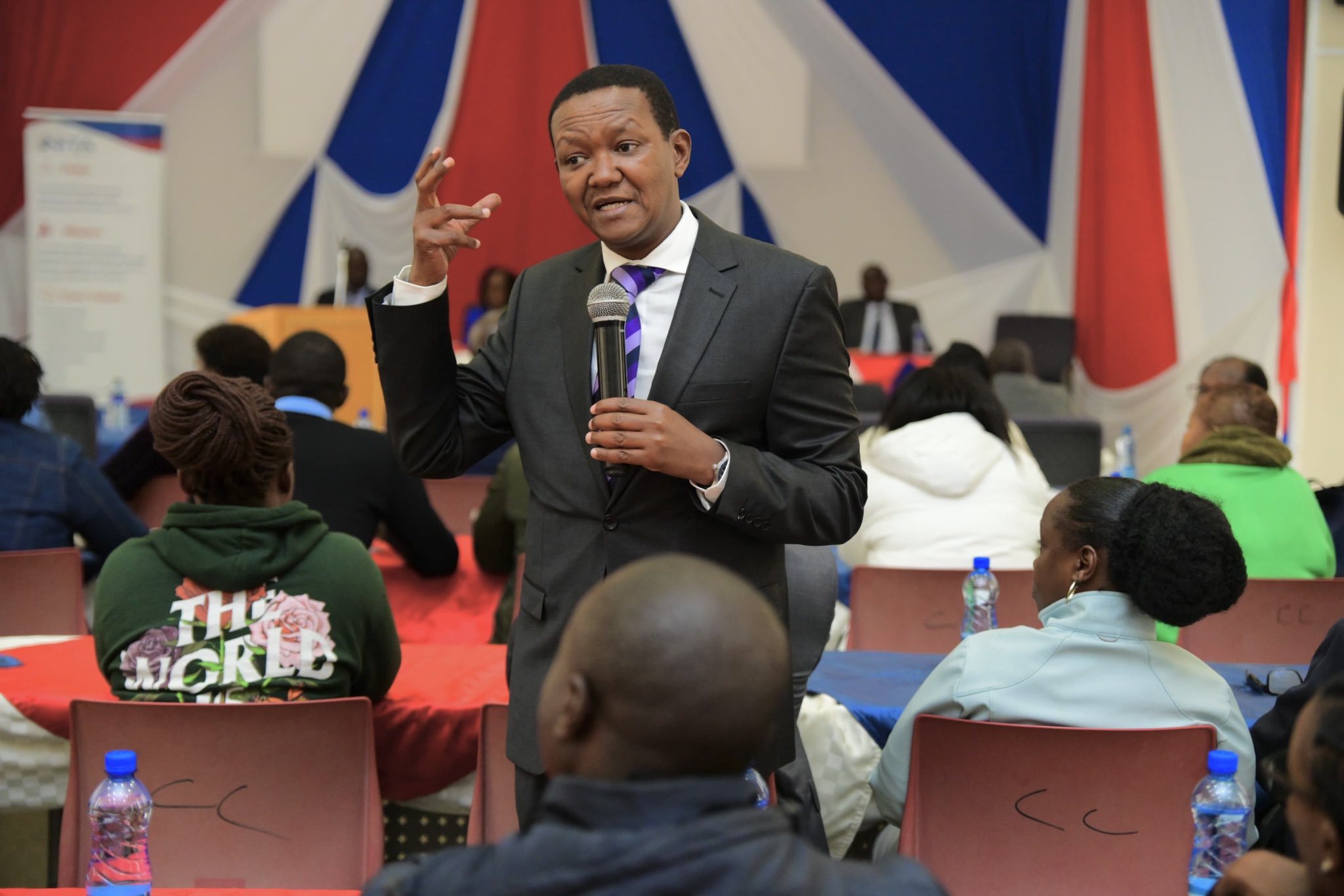Raila inches closer to AU top job as African ministers drop gender proposal
Odinga, known for his vast political acumen and diplomatic experience, remains optimistic about his chances.
Raila Odinga's bid to chair the African Union Commission (AUC) received a significant boost on Friday as African Foreign Ministers dismissed the "rotational gender" requirement.
This implies that Raila's candidacy remains on track unless he is disqualified during the vetting process.
More To Read
- NLC commissioners conclude term with over 31,000 requests for land regularisation processed
- Ruto orders all hospitals to report every maternal and child death
- Human Rights body flags risky provisions in Computer Misuse Act
- IGAD leads new push for Peace in Sudan as regional and global partners back three-step plan
- Oburu Oginga declares firm grip on ODM, promises to lead in Raila’s footsteps
- Why ODM should convene NDC meeting over broad-based pact with Ruto- Winnie Odinga
The 55 foreign ministers convened in Addis Ababa for a closed-door extraordinary session since Friday morning to review and consider the report on the AUC senior leadership election preparations.
The gender proposal, recommended by the AU legal counsel, suggested that the next chairperson should be a woman, with a man serving as deputy, but the AU Permanent Representatives Committee rejected the recommendation. This would have disqualified Odinga and any other male candidate if it went through.
This development clears the way for Odinga's bid for the AUC chairmanship, as it ensures a fair and open competition for all candidates, regardless of gender.
The Executive Council, a club of all 55 African foreign ministers, also specified that the Eastern and Northern regions can nominate both female and male candidates for the positions mentioned.
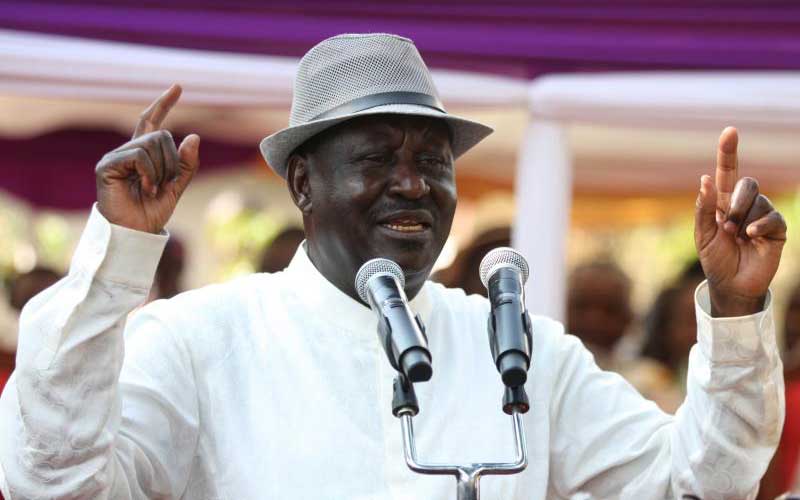 Orange Democratic Party Leader Raila Odinga.
Orange Democratic Party Leader Raila Odinga.
In a statement on Friday, Prime Cabinet Secretary and Foreign and Diaspora Affairs CS Musalia Mudavadi said the Council unanimously adopted the critical decision that it is the turn of the Eastern Africa region to submit candidates for the position of Chairperson of the AUC.
“It is now clear that Raila Odinga will be in the race for the AU Commission Chairperson,” he said. “Effectively, there are no more technical or legal hurdles preventing Kenya from submitting its candidate,” he said.
The council argued that the rotational gender parity principle for the chairperson and deputy chairperson roles, as outlined in the report, does not align with relevant AU legal instruments.
The Eastern African region was approved as the sole region that is eligible for the chairperson position, while the Northern region will battle for the deputy chairperson position.
Only Kenya and Somalia have so far declared candidates in the East African region.
In the African Union context, Eastern Africa comprises more than just the East African Community (EAC). The broader Eastern region includes over 10 countries, among them Kenya, Somalia, Ethiopia, Eritrea, and Djibouti.
Additionally, some EAC member states like Burundi and the Democratic Republic of the Congo are not part of the Eastern African region but instead fall under the Central region.
Spirited Odinga
Odinga, known for his vast political acumen and diplomatic experience, remains optimistic about his chances as he continues his aggressive campaign to secure support from across the continent.
He served for five years as the African Union's High Representative for Infrastructure in Africa Development, a largely ceremonial role.
He had been fronted by former Kenyan leader Uhuru Kenyatta, with whom he had made peace in 2018 after post-poll chaos.
With current chairperson Moussa Faki's term coming to an end, a new chairperson will be elected next February.
An AU Commission chairperson serves for a four-year term, renewable once.
For Odinga to compete, Nairobi must formally submit his application, and then shortlisting will be done. This will then be listed as an agenda of continental leaders during the next summit.
Although Odinga is banking on his rich continental connections, electing an AUC chairperson is a tricky affair.
But President William Ruto's assurance of East African nations backing Odinga's bid is a boost.
However, it is not clear when this decision was reached, especially considering Mogadishu has already fronted a candidate.
Divisions in the region
Ruto's remarks highlight the persistent struggle to achieve consensus in the Eastern African region, which rarely agrees on major decisions.
At the February summit in Addis Ababa, member states vied for the AU Peace and Security Council positions, with East Africa having only two vacancies for a two-year term. Tanzania and Uganda sought a return to the council.
Eritrea, desiring greater representation within continental organs, initially expressed interest but eventually withdrew due to the sway held by Tanzania and Uganda, bolstered by their active involvement in peacekeeping efforts.
This division within the region poses a huge obstacle to Odinga's candidacy, as achieving consensus at the centre of such discord may prove challenging.
Continental priorities for the next AUC chairperson and the AUC as a whole include the implementation of the AU institutional reforms.
President Ruto is currently the continental champion of these reforms, and this may give Odinga an upper hand.
Peace and security continue to pose significant challenges to the continent.
Conflicts and violent extremism persist in South Sudan, Sudan, Libya, Mali and the Sahel, with conditions oscillating between periods of deterioration and partial improvement and lasting resolutions remaining elusive.
Addressing the challenge of silencing guns will be a top priority for the next AU Commission chairperson.
Top Stories Today




